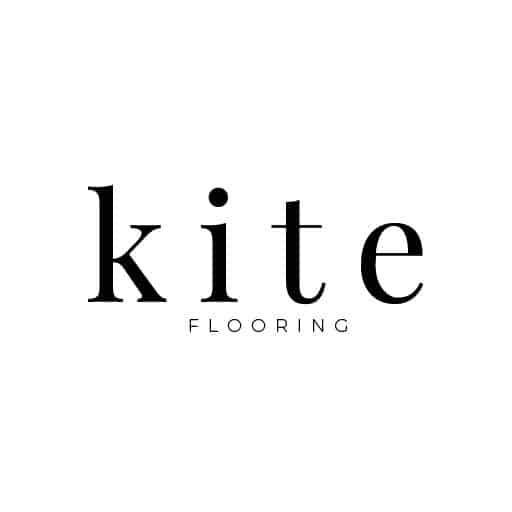Products with provenance (..and sustainability..)
When we say provenance, we mean we only sell floors where we know exactly how they are made. This may seem obvious, but believe it or not, it is not normal in wood flooring.
The requirements for a good wood floor are, i) an accurately milled product (so it slots together well), ii) defect-free timber, iii) a controlled manufacturing process and iv) high-quality oils. Before we started working in flooring, like many people, we viewed a floor as a commodity, and simply hunted for the cheapest price. To supply this market, manufacturers, in Europe and the Far East, inevitably cut corners to hit ever cheaper price points, whether it’s poor quality oils, less staff on a production line to pick our defects, machines that are not properly serviced, factories that don’t have sufficient moisture controls (you get the idea..).
When we launched our business, we sold some of these cheaper products and then had problems. So, for this reason, we i) fully audit all the manufacturers we work with, ii) fit the products we supply, and iii) for the majority of floors we work with, actually go and see them being made!
Sustainability
This comes into the provenance of our floors, and is also important to us. But the reality is it is a far more complex issue than almost every retailer of flooring admits.
The most common advice given to consumers is to look for products that are FSC registered (https://fsc.org/en).
We speak to our factories, who all say making a fully FSC compliant wood floor is a real challenge, both from a cost and an administrative point of view. Every part of the product needs to be audited and tracked back against invoices. With the current shortage of raw materials, that is extremely difficult.
Administration and sourcing challenges also cost money, and whilst some consumers will pay a premium for compliant flooring when it comes to the crunch, many consumers still buy on price and quality, not eco-credentials. It is common for retailers to put an FSC badge on their website, but dig deeper and you will find that only a few of their products are accredited, if at all. Moreover, a product will only be accredited at a certain point in time. The reality is raw materials will change as supply chains come under pressure.
We have an open conversation with our manufacturers – where does the wood come from? What oils do they use? How is the floor finished? Is part of the product FSC registered, and other parts not? Why not? We then audit this information with site visits.
All the manufacturers we work with are doing everything they can to be sustainable within the economic realities of the world. Many of our floors have been FSC registered. Some are only partially accredited. But if that is the case, we understand why.

